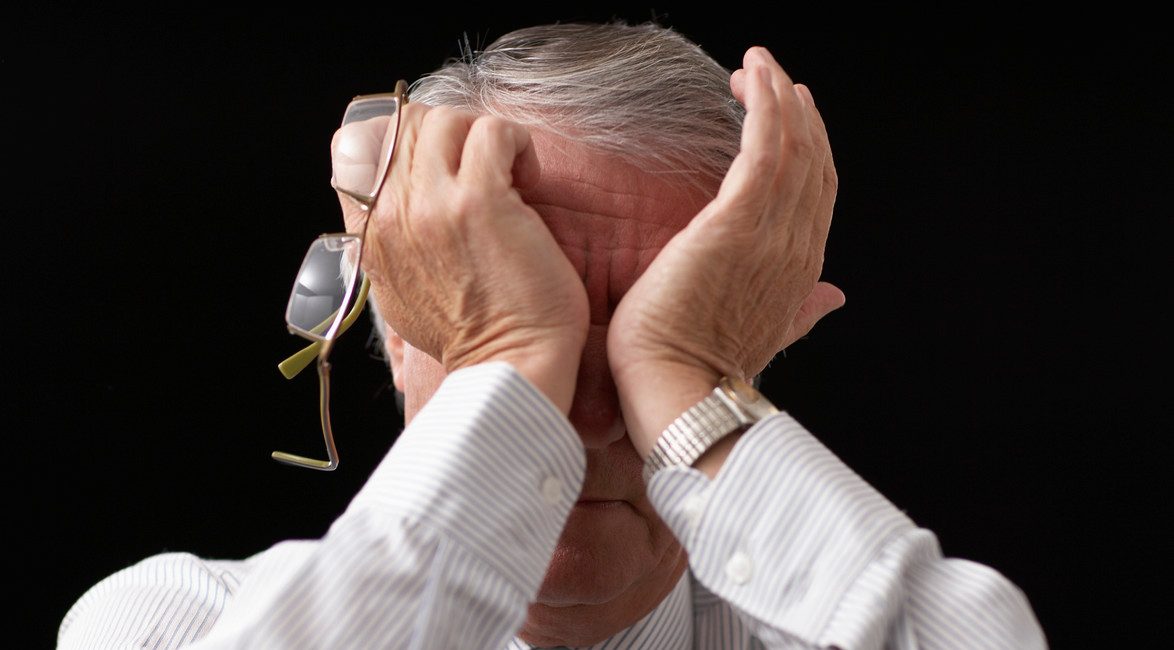Sleep Deprivation Effects

A lot of people say that they are happy with six or fewer hours of sleep and don’t experience any sleep deprivation effects. But they are probably wrong.
Sleep deprivation can put a big burden on your health, increasing your risk of heart disease, hypertension, type 2 diabetes, obesity, depression, and dementia.
One theory is that too little quality sleep causes inflammation throughout your body, including your brain.
The American Academy of Sleep Medicine and the Sleep Research Society both recommend that from the age of 18 to 60, we sleep at least 7 hours each night.
YOU MIGHT ALSO LIKE: Why Is Sleep Important?
One in three adults don’t get that much, according to an analysis of 2014 data by the Centers for Disease Control and Prevention. The number was higher among Americans in the Southeast and Appalachians, where more people also live with obesity and other chronic conditions. Single, unemployed people without college degrees were also more likely to miss out on sleep.
There may be some improvement: a survey of Americans age 15 and up with data from 2016 found that Americans are getting more sleep than they did in 2003. We’re going to bed earlier, and are less likely to watch TV or read in bed. That’s good news.
However, even just being short of an hour or two for a few days in a row can affect you as if you’d been up all night, the National Institute of Health reports.
Teens need a bit over nine hours of sleep, yet typically get seven. You can help by keeping cell phones away from their beds. Some 60 percent of teens spend the last hour of the day with their phones — losing an hour of sleep compared to kids who do something else. A teen who gets six hours or fewer of sleep triples her risk of depression.
Sleep needs do vary between individuals. Among people who normally sleep fewer than five hours, you’ll often hear them say that they “get by” or even feel “fine.”
But lack of sleep leads to micro-sleeps, mini-naps during the day that can lead to tragedy if you’re driving, operating machinery, or watching over children or the sick. Road statistics show that your response time is slowed down even after one bad or short night. According to research from the American Automobile Association, 13 percent of crashes that put someone in the hospital, and 21 percent of fatal crashes, involve a drowsy driver.
Some sleep deprivation effects aren’t as obvious as falling asleep at the wheel.
Sleep and weight gain
Sleeping fewer than six hours a night is associated with a higher body mass index. Lack of sleep interferes with the hormones that control hunger. You might crave fatty, sugary foods or just often feel hungry. Your metabolism slows, and you’re also likely to get less exercise, a bad combination. Your blood sugar levels may go up during the day, and tilt you towards diabetes.
Sleep and tempers
Do you snap at people or get difficult like an overtired child? Lack of sleep diminishes self-control in adults, too. If this happens often, it strains your relationships. Marriage problems may be one of many sleep deprivation effects.
Sleep and learning
As we sleep, our brains form new connections that preserve new information. You’ll learn less well on less sleep — it’s a mistake to pull all-nighters to study.
Other sleep deprivation effects
Are you less decisive than you’d like? Are you clumsy or moody? Do you often get flus and colds? Those could all be sleep deprivation effects.
You might even develop vision problems if you’re too tried to control your eye muscles. Your body produces collagen while you sleep, so lack of beauty rest could promote acne or wrinkles.
Tips for better sleep
- Keep regular hours, even on the weekend if you ever have insomnia.
- Stay away from electronics at bedtime.
- Keep your room dark or wear a good mask. A mask made of plastic and foam will block more light than a piece of fabric.
- If you often wake unrested, evaluate your bed and the chance that you have sleep apnea.
- If your partner often wakes you up, consider sleeping separately. That may sound unromantic, but couples fight less and solve problems more easily when they’re well rested.
Updated:
April 08, 2020
Reviewed By:
Janet O’Dell, RN